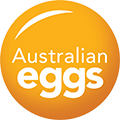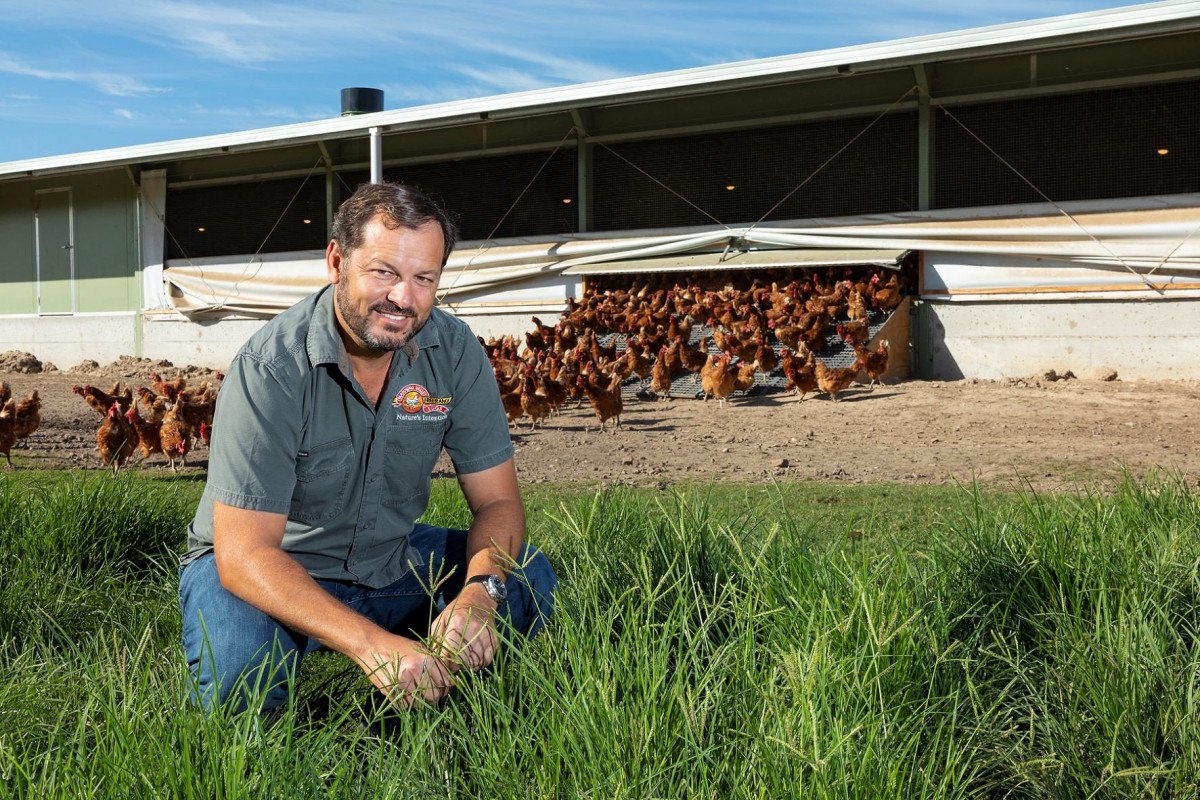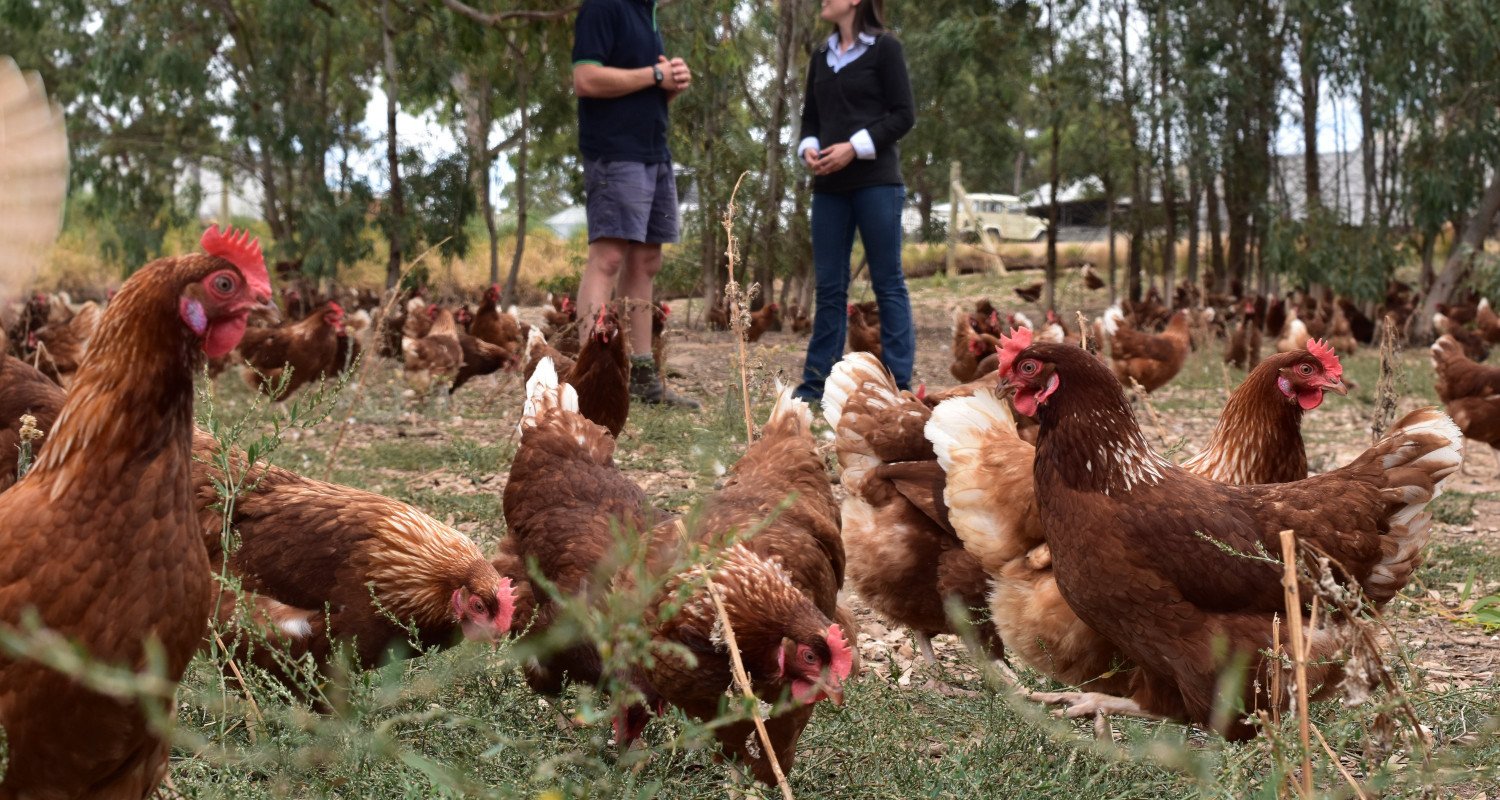
Confidence rises as transparency drives consumer trust within the Australian egg industry
Confidence rises as transparency drives consumer trust within the Australian egg industry
- Publication
- Reading time 4 minutes

The Australian egg industry has proven the power of transparency, with the release of the annual Sustainability Framework Report by Australian Eggs showing levels of trust in the egg industry by Australians has increased significantly since 2018.
The industry’s responsiveness remains the strongest driver of trust over the four-year research program, with Australians agreeing that the Australian egg industry listens to and respects the community. This was shown in the latest research findings where overall trust in the industry increased from 53% in 2018 to 63% in 2021, with 65% of Australians specifically expressing trust in the egg industry to act responsibly.
Rowan McMonnies, Managing Director of Australian Eggs, said “Our annual Sustainability Framework Report remains a key vehicle for industry transparency and is a formal demonstration of how, as an industry, we continue to address community priorities and meet the expectations of our community.”
The Australian Eggs Sustainability Framework examines the relationship between the Australian public and the egg industry, through an annual community survey by Voconiq which builds on three years of previous CSIRO research. The community survey explores the current position of the egg industry within the Australian community, addressing key points including the lives of people, animal welfare, environmental impact and economic viability of the egg industry, with the results being presented in a report as part of an annual cycle.
“The report closes the loop on the community engagement process. Having listened to community priorities we then demonstrate how the industry is responding to progress these important issues,” said Mr McMonnies.
“For instance, food safety has always been the primary focus of egg farmers and it’s pleasing that the Australian public’s confidence in the industry is improving with the community research showing that 7 in 10 Australians are more confident in egg food safety then they used to be.”
“To ensure this continues to improve, the Australian egg industry is investing in research and resources to make eggs even safer. A key element of this is traceability, which allows food safety issues like salmonella to be identified and managed out of the food system promptly. While most eggs consumed by the public are already the subject of effective traceability systems there remains an opportunity to increase the coverage of this process,” Mr McMonnies continues.
“In response, Australian Eggs has been developing a traceability solution for the egg industry based on the best systems currently available. This robust traceability solution will provide farms that do not currently have systems in place with greater transparency over egg movements within their operations and provide stronger assurances on food safety and quality,” Mr McMonnies said.
Days Eggs in South Australia is one of the largest producers in the country with around 450,000 eggs laid per day. Days Eggs pride themselves on innovation, quality and their relentless pursuit of hen welfare and have also been early adopters of comprehensive traceability systems to help protect the community, hens and staff.
Dion Andary of Days Eggs said “Traceability is one of the most critical business processes; without it the business is operating blind. Traceability provides full transparency and provides the team with the peace of mind that any health or quality issues with any of their eggs or hens can be rectified immediately, greatly reducing potential impacts.”
Mr Andary says he believes outside of the easy to measure financial benefits, the most important benefit of traceability is trust. “The importance of being able to trace an egg back to the date of lay, date of sale and specific shed, and the role that plays in ensuring trust, cannot be overstated. Customers can trust that we have the processes in place to provide safe eggs, our staff can trust us that we have the mechanisms in place to support them in any issues, and we can trust our team that the correct processes are being followed,” Mr Andary said.
The full Sustainability Framework Report 2022 is available for download here.
ENDS
Media enquiries
Hannah van Otterloo l Senior Account Manager l Illuminate Communications
M. 0432 053 937
About Sustainability Framework Report and Process
The Australian Eggs Sustainability Framework Report examines the relationship between the Australian public and the egg industry, through an annual community survey by Voconiq that builds on three years of previous CSIRO research. Over the last four years Australian Egg has conducted a comprehensive annual national survey of Australian community perspectives on a broad range of issues related to the egg industry to help egg farmers better understand evolving community expectations and identify priority issues to address in the Sustainability Framework process. The Sustainability Framework is facilitated by Australian Eggs with guidance from an egg industry Sustainability Consultative Committee.
 >
> 

